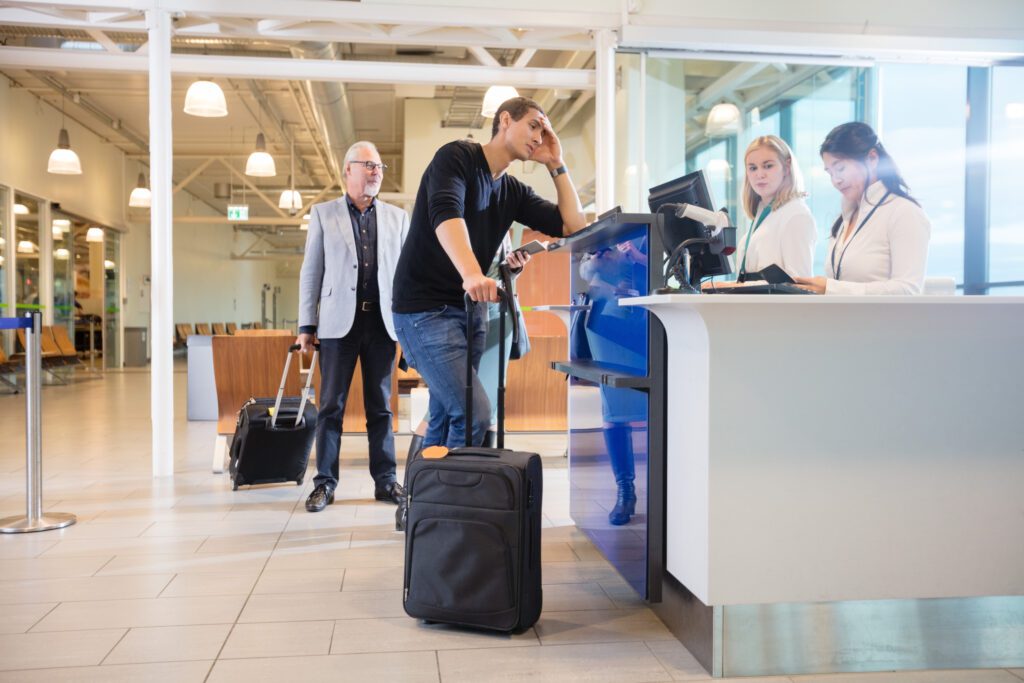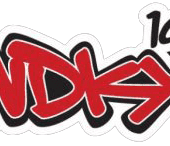Money Coach Dr. Cheryl McKeiver’s “Economic Impact Payment” Questions and Answers
Written by Tariq on April 9, 2020
How much?
o One payment and one payment only of $1,200.
o As long as your adjusted gross income is less than $75,000
What if I/we earned more than $75,000?
o If you earned between $75,000 and 99,000, your check will be prorated.
o If you earned over $99,000 or jointly $198,000, you are NOT eligible for any money.
Married?
o $1,200 each
o As long as your adjusted gross income is less than $150,000
Head of Household?
o $1,200 only
o As long as your adjusted gross income is less than $112,500
Got kids?
o $500 per child under 17 years of age.
College kids?
o As long as they are claimed as a dependent, college students will be included into the parents’ payment.
o $500 per student ****NO, They are considered a GAP student. Too old for their parents but not eligible
on their own.
Do I have to apply to receive payment? YES and NO
o No, if you have filed in 2018, the IRS already has your direct deposit information and will initiate a
transfer.
o Yes, if you have not filed in 2018 or 2019,
When will the money arrive?
o April 17 th or there about.
Unemployed prior to the COVID-19?
o Yes, you are eligible
o $1,200
Veterans
o Yes, you are eligible
o $1,200
o No additional steps needed
Social Security Supplemental Benefits
o Yes, you are eligible
o $1,200
o No additional steps needed as of 1 April 2020 US Department of Treasury
Social Security Disability/Retirement/Survivors
o Yes, you are eligible
o $1,200
o No additional steps needed as of 1 April 2020 US Department of Treasury
Just laid off?
o Yes, you are eligible
o $1,200
Was just in the process of being hired?
o Yes, you are eligible
o $1,200
Caring for a COVID-19 family member?
o Yes, you are eligible
o $1,200
Self-employed? Freelance? Independent contractor?
o Yes, you are eligible
o $1,200
Part-time?
o Yes, you are eligible
o $1,200
Day Care / School?
o Yes, you are eligible
o $1,200
Did you quit your job?
o Not eligible
Student loans in default?
o Yes, you are eligible
o $1,200
Owe back taxes?
o Yes, you are eligible
o $1,200
Owe arrears in child support?
o Not eligible
How and when will the money be distributed?
If you e-filed your taxes, your money will be direct deposited into the account listed on your returns.
If you receive your SSI/SSD or Veterans benefit via direct deposit, your money will be direct deposited into the
account on file.
If you receive unemployment, your money will be direct deposited into the account on file.
If you received a tax refund via debit card, you will receive a check. **The Treasury is planning to develop a
web-based portal for taxpayers to provide their bank account information for payment.
If your direct deposit information has changed, the Treasury Department is planning to develop a web-based
portal for taxpayers to provide their bank account information for payment.
If you traditionally don’t file taxes you are still eligible for payment.
Money will be available through the end of 2020
Additional Highlights for the COVID-19 Bill
Unemployment: benefits have been extended 13 weeks. Total time for unemployment benefits are
now 39 weeks or 9 months.
o If your unemployment benefits have recently run out, go to your State website and reapply.
o Unemployment also increases $600 weekly
Student Loans:
o Two months interest and payments are waived. In addition there will be automatic payment
suspensions for any student loan held by the federal government until September 30, 2020.
o Garnishments are also suspended.
Wage Garnishments and seizure of Tax Refunds are waived for the next 6 months.
o Garnishments are also suspended during this period.
I still need money, can I borrow against my 401 (k) or workplace retirement plan?
o You can still borrow against your 401 (k)
o Up to $100,000
o No 10% penalty – if determined if you, spouse or a dependent did experience negative
economic consequences.
Credit Report
o Will there be damage to my credit report if I take advantage of any of the payment
arrangements offered between the my mortgage/credit card/student loans/creditors?
o No. But you are encouraged to review all three credit reports.
o For a free report, go to: www.annualcreditreport.com and review for inaccuracies.
Renters
o There is a “stay” on evictions for landlords who have mortgages backed by the government.
BUSINESS:
Visit the SBA.gov for additional resources that are too numerous to mention.
Note: This document is not inclusive of all legislative actions for COVID-19.
Short Term Cash – Long Term Existence: What should I do first?
1) Make a list of all of your expenses with payment due date.
Recognize that you may not be able to make payments to every expense on time or in full.
Discuss in detail with your landlords, mortgage companies, automobile lenders, student loan lenders, credit card
companies, utility companies in detail exactly what options are available to you.
Be sure to record the date, time, and name or reference number of the person you contacted and note the
results of the conversation. Such as, what did you agree to and what were the terms.
2) These are uncertain times, so honestly identify you/your family’s WANTS vs NEED. Determine what you can go
without and what you REALLY cannot live without.
Rent/Mortgage ** You have to have a place to live. Contact your landlord when you are having a quiet moment
and are able to think through your options. In other words, PAY YOUR RENT!
Utilities ***It’s Rochester, you have to have heat and the ability to prepare meals.
Medications: request a 90 prescription which will allow you to have medication for the foreseeable future.
Transportation: be sure to contact your lender to make repayment arrangements
Food: Think about one pot meals vs fast foods. One pot meals allow for heartier healthier meals that can last
two to three days, and is less expensive to prepare. Think: Beef Stew, Spaghetti, Chicken and rice, or Goulash.
** DO NOT SPEND YOUR ECONOMIC IMPACT PAYMENT**** SAVE IT!!!! THERE IS NOT ANOTHER PAYMENT COMING
3) Have a family conversation during a quiet time. Prepare your thoughts in advance to share the challenges that your family may be facing in terms that everyone can understand. Discuss your family’s priorities, share the opportunities working closer together will bring, relate how strong families work to get through financially tough times, share in a calm voice, talk about planned actions and reassure your family that you will get through this. Know that you are not alone.
The Rochester community and its neighbors are here to help. But help yourself first.






 WDKX Holiday Stream
WDKX Holiday Stream